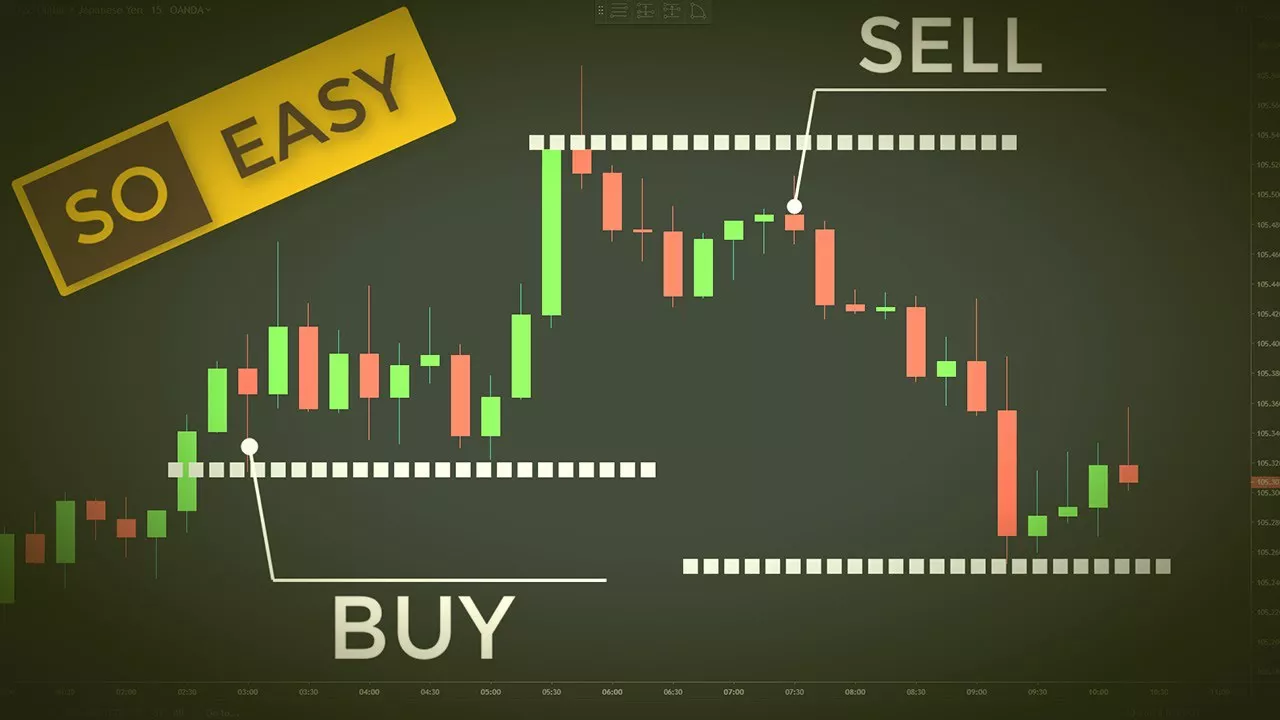The Transform Health Fund (THF) seeks to create a new model for blended finance in Africa’s healthcare sector. After closing earlier this month, we discuss the fund’s progress with Martin Edlund from the Health Finance Coalition, one of its founding organizations.
Fund Overview
The Transform Health Fund is a blended finance initiative designed to boost investment in Africa’s underfunded healthcare sector. It closed at over $111 million (€102 million), surpassing its target. Investors include development finance institutions (DFIs), multilateral development banks, impact investors, corporations, and foundations.
With three investments already made, fund leaders hope it will serve as a template for similar initiatives, demonstrating that healthcare investments can generate returns while benefiting impoverished communities.
Goals of the Fund
Martin Edlund, executive director of the Health Finance Coalition (HFC), explained that the fund was designed as a large-scale demonstration project. “Our goal is to attract the attention of investors and fund managers so they can replicate this model,” he said. The fund aims to create blended finance structures that invest in healthcare for the most vulnerable populations.
Launched in response to the COVID-19 pandemic in 2022, the fund is managed by AfricInvest in collaboration with HFC. It explores various areas, including care delivery, supply chains, and digital technology, using debt and mezzanine investments.
Initial Investments
So far, the fund has committed $20 million to three companies:
Africa Healthcare Network: The largest dialysis chain in sub-Saharan Africa.
Lapaire Glasses: A network of shops providing affordable eye care products and services in six West and East African countries.
Insta Products: A producer of ready-to-use therapeutic food for millions of malnourished children and mothers across sub-Saharan Africa, distributed by international NGOs.
Edlund highlighted the significance of these investments. The lack of available dialysis contributes to high mortality rates, especially in severe malaria cases. Additionally, access to affordable glasses is crucial for improving work and educational opportunities.
Growing Support from DFIs
The fund has gained support from a diverse group of investors, helping it exceed its $100 million target. Notable contributors include:
- Philips
- International Finance Corporation
- Swedfund
- US International Development Finance Corporation
- French DFI Proparco
- Merck
- FSD Africa Investments
- Grand Challenges Canada
- ImpactAssets
- Global Health Investment Corporation
- Ceniarth
- UBS Optimus Foundation
- Skoll Foundation
- Chemonics International
- Anesvad Foundation
- Netri Foundation
- USAID
Many of these investors are part of the HFC, which encourages the use of public and philanthropic funding to attract private capital into healthcare. The HFC is hosted by the non-profit Malaria No More, led by Edlund, and was originally convened by philanthropist Ray Chambers.
The Need for Investment in African Healthcare
Africa’s healthcare sector urgently requires investment. Sub-Saharan Africa is home to 14% of the global population and 20% of the global disease burden, yet only 1.6% of annual impact investments target this sector, according to the THF.
“There is a lot of enthusiasm among DFIs to support healthcare investment following the COVID pandemic,” Edlund noted. “However, many are frustrated by the challenges of investing in this area. Existing investments tend to focus only on large hospitals serving wealthier urban populations.”
The HFC’s previous initiatives suggest that concerns about risks in healthcare investing may be overstated. For instance, its Open Doors African Private Health Initiative helped frontline clinics and pharmacies secure loans during the pandemic with low default rates.
Focusing on High-Impact Opportunities
The THF encourages its investment team, under AfricInvest, to pursue high-impact opportunities supported by a points-based impact framework. This framework is partly based on metrics such as the number of lives saved or improved.
“We engage in rigorous discussions about whether an investment qualifies as sufficiently high impact,” Edlund said.
While AfricInvest manages the fund, HFC provides technical assistance to entrepreneurs seeking investment. HFC helps companies refine their financing strategies and business models, enabling them to reach vulnerable communities in rural and peri-urban areas.
“We are exploring the edge of what is investable for impact,” Edlund explained. “Our teams have developed a shared understanding of the revenue, business plan, and impact requirements.”
He anticipates that the fund will continue to make several investments each year. “We aim to deploy funds quickly because there are urgent needs, but we must do so rigorously,” he said.
Related topics:































